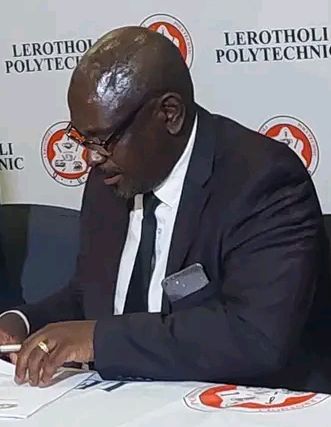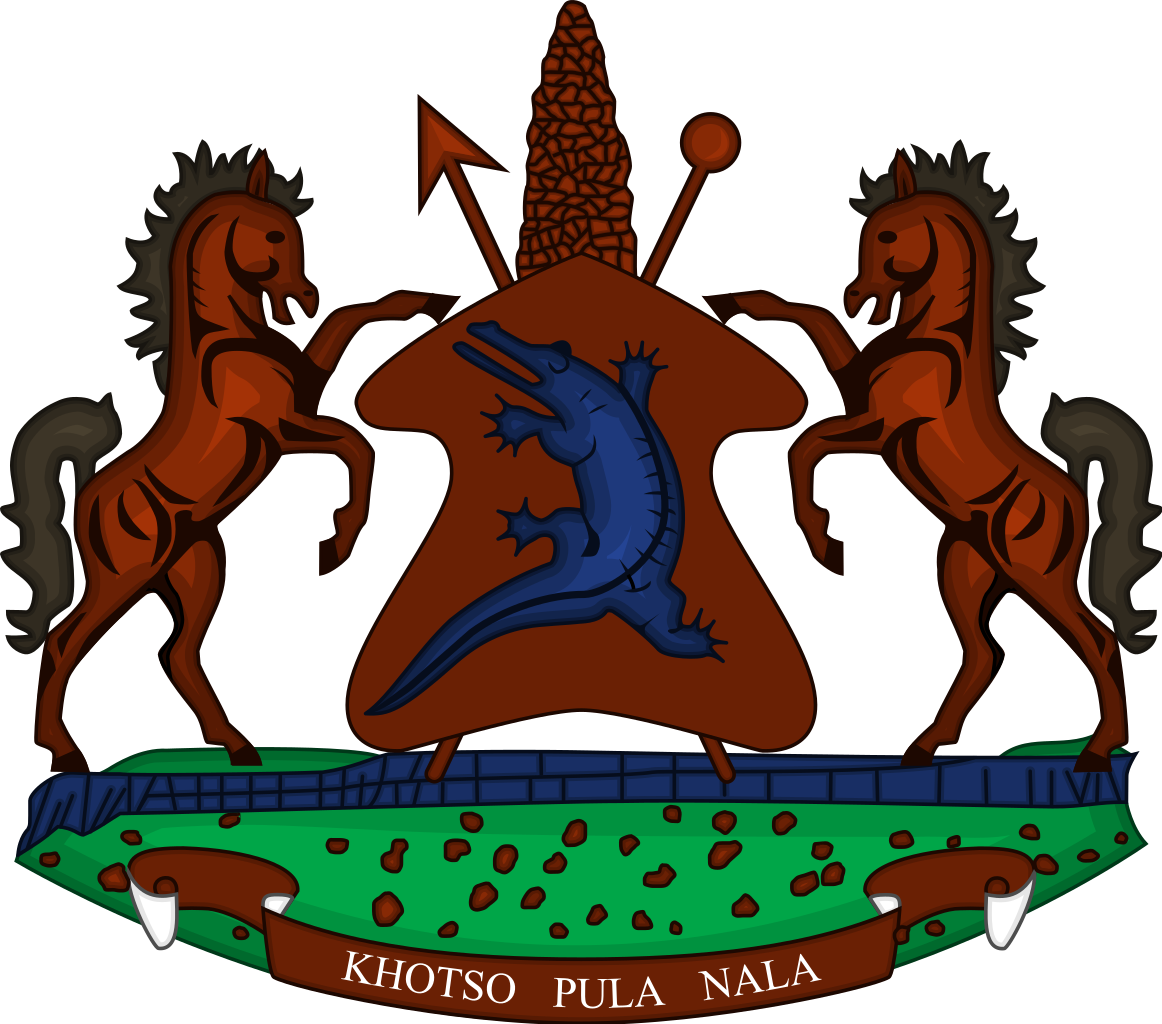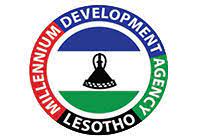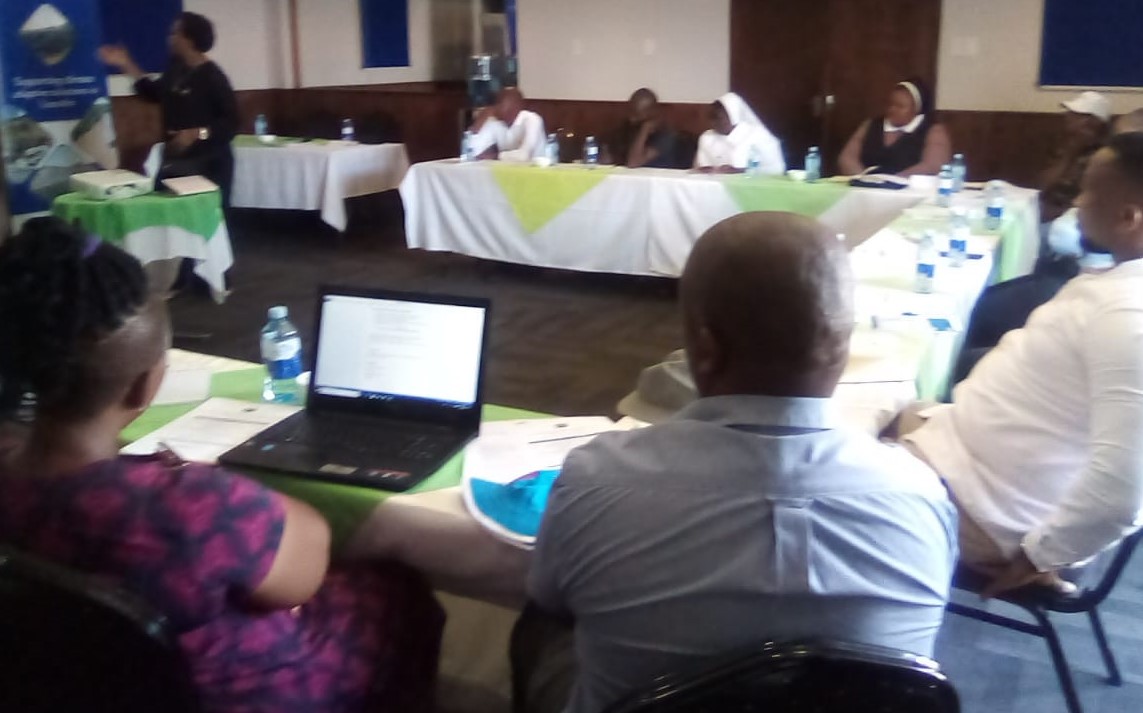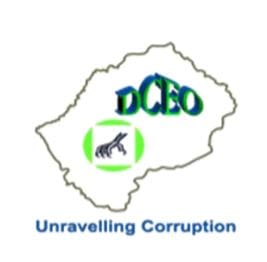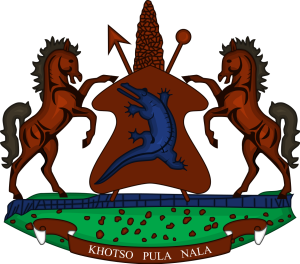The Prime Minister, Dr Moeketsi Majoro says reforms that have an impact on elections will be completed before the general elections in 2022.
This, the Prime Minister said when delivering a progress report at the Fifteenth Private Sector Consultative Meeting that was held virtual.
Dr Majoro said the country has a very intensive agenda to reform the constitution, saying there is much to reform and Lesotho will not be able to do all the reforms before the general elections in 2021.
He, therefore, mentioned that all constitutional amendments that have an impact on the elections will be completed by the end of this year.
He noted that by the end of October, the Minister of Law and Justice will present before the Cabinet the package of constitutional reforms which will be the basic fundamental for all constitutional stipulations for those that will affect the elections, judiciary, formation of the government and security.
The Prime Minister said reforms will help the country to reinvent itself into a stable and peaceful country.
Talking about the COVID-19 pandemic, Dr Majoro said Lesotho is registering about one percent of the COVID-19 infection rate, saying the country needs to keep this momentum because it is important that the country remains at Blue Colour Code Stage or even to move to Green Colour Coding Stage to avoid future lockdowns.
He stressed the need for all to vaccinate as this will further control the impact of the pandemic in the country hence maintaining a low infection rate.
Moreover, the Prime Minister noted that for the country to receive more vaccines it needs to ensure that more people are vaccinated.
In conclusion, Dr Majoro informed the participants about the fruits and vegetable market (Maluti Fresh Produce Market) that was launched at Ha-Thetsane in Maseru and the other to be launched at Tsikoane in the Leribe district while the third fresh market will be launched in Mohale’s Hoek district.
Meanwhile, the meeting was also informed of the Compact II development by the Lesotho Millennium Development Agency (LMDA) Chief Executive Officer (CEO), Mr. Keketso Chalatse.
Giving a brief on Compact II selection, Mr. Chalatse said 2013 Lesotho dropped from the selection race due to political instability, adding that in December of 2017 was re-selected as eligible for a second compact.
He said in May 2018 the problem diagnosis or constraints analysis was completed and they moved to problem definition then in 2019 the project was developed.
He further said late this year (2021) they expect an investment recommendation to be made and early in 2022, the Millenium Challenge Corporation (MCC) board will approve the investment recommendation, adding that in 2022 the MCC Compact II should be signed and after a period of the startup should begin operations in 2023 and continue through 2028.
Mr. Chalatse said the proposed structure of the Second Compact will mainly focus on health Systems Strengthening, business environment & technical assistance and demanded driven irrigated horticulture.
Making his presentation, Mr. Chalatse said the HSS Project Activities will focus on the Primary Health Care (PHC) service provision which will support the Ministry of Health to create and use a transferable, electronic patient record, improve referral guidelines and clinical competencies, including for GBV.
He said the HSS project will also support local institutions to provide PHC in pre-service training and support the use of low-cost methods to increase access to preventative healthcare.
He further noted the second HSS phase will evolve on the reform for the district health management team where there will be the expansion of the Ministry of Health financial system to the district level.
Moreover, he said through the HSS project, the Ministry of Health will build software and technical capacity to analyse spending and quality, adding that PHC will provide and incentivise allocation of government resources to the district level for PHC.
He said the last phase of the HSS project will ensure the digitalisation of health services; this will help the government of Lesotho to provide district-level health-focused IT support.
Still outlining the projects under the Second Compact, he noted that the second project that will be implemented under Compact II will be MDIH Project Activities.
He said the MDIH will introduce new irrigation infrastructure which will cover up to 2,000 hectares for four potential sites namely: Manka, Tsoili-tsoili, Likhakeng, saying this will also include the introduction of the Scheme Integration Project Services.
The irrigation scheme will provide the services that are in relation to survey and registration of legal rights to land plots, technical and financial assistance to smallholder farmers and plots to provide training to farmers on the use of new technologies.
He noted that Compact development is normally a multi-year process and COVID-19 associated delays have lengthened the process in Lesotho.
Compact Development is normally a multi-year process and COVID-19 associated delays have lengthened the process in Lesotho.
It is expected that Compact II will create 80,000-90,000 jobs and 4000-7000 in the horticulture sector and improved participation of the private sector in policy formulation.
The Public-Private Dialogues are organized by the Prime Minister’s Delivery Unit (PMDU) to facilitate regular dialogue between the government and the private sector. The participants in these meetings include the Prime Minister, Ministers, Principal Secretaries, Heads of State-Owned Entities, Representatives of Development Partners and private sector.
By Staff Reporter: Noliwe Velaphe
